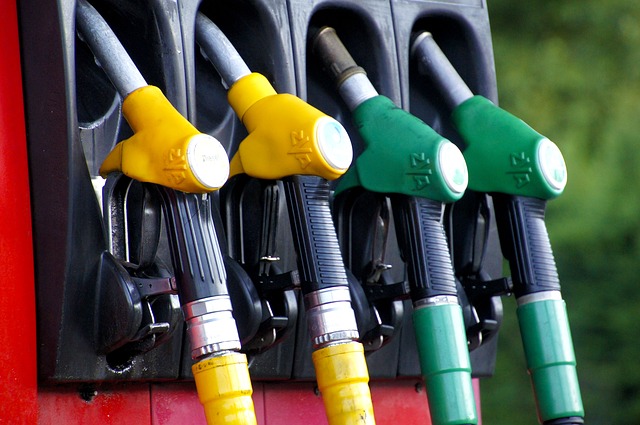New excise tax on fuel to take effect after January 15 – DOE
- January 3, 2018
- 0

According to DOE undersecretary Felix William Fuentebella, the new excise tax on petroleum products should be applied beginning January 1, but it does not include old stocks.
The agency sees the increase in fuel prices 15 days after the New Year, DOE assistant secretary Leonido Pulido said.
“We are basing this assumption on two things. We have an executive order (EO) requiring oil companies to have a minimum inventory of 15 days. Also based on projections we made, the existing old stocks would take at least 15 days until it is fully exhausted,” Pulido said.
But some oil companies will have more stocks so it would take longer to use up old inventories, Pulido added.
“It would have been simpler if we chose the date for all companies to follow but it would result to prejudice to consuming public and government,” he said.
With this, the DOE has directed oil companies to submit their inventories to monitor the stocks left in their book.
“Oil companies agreed to submit their inventories. They will be submitting notarized documents so it would be easy to present to government agencies. They have also agreed to share the data when they sold their stocks to dealers and retailers with the new excise tax,” Fuentebella said.
Companies will also require its retailers to post what products will be charged with excise tax and the date of its implementation.
DOE will also be conducting random checks on oil companies from the refinery level to the retail level, the energy department official added.
Under the Tax Reform for Acceleration and Inclusion (TRAIN) Act, gasoline will have an increase in its excise tax from P4.35 per liter to P7 per liter. The new tax rates for diesel is P2.50 per liter, P3 per liter of kerosene, and P2.50 per liter on Auto liquefied petroleum gas (LPG).